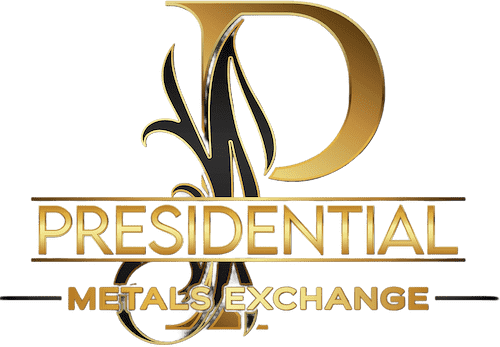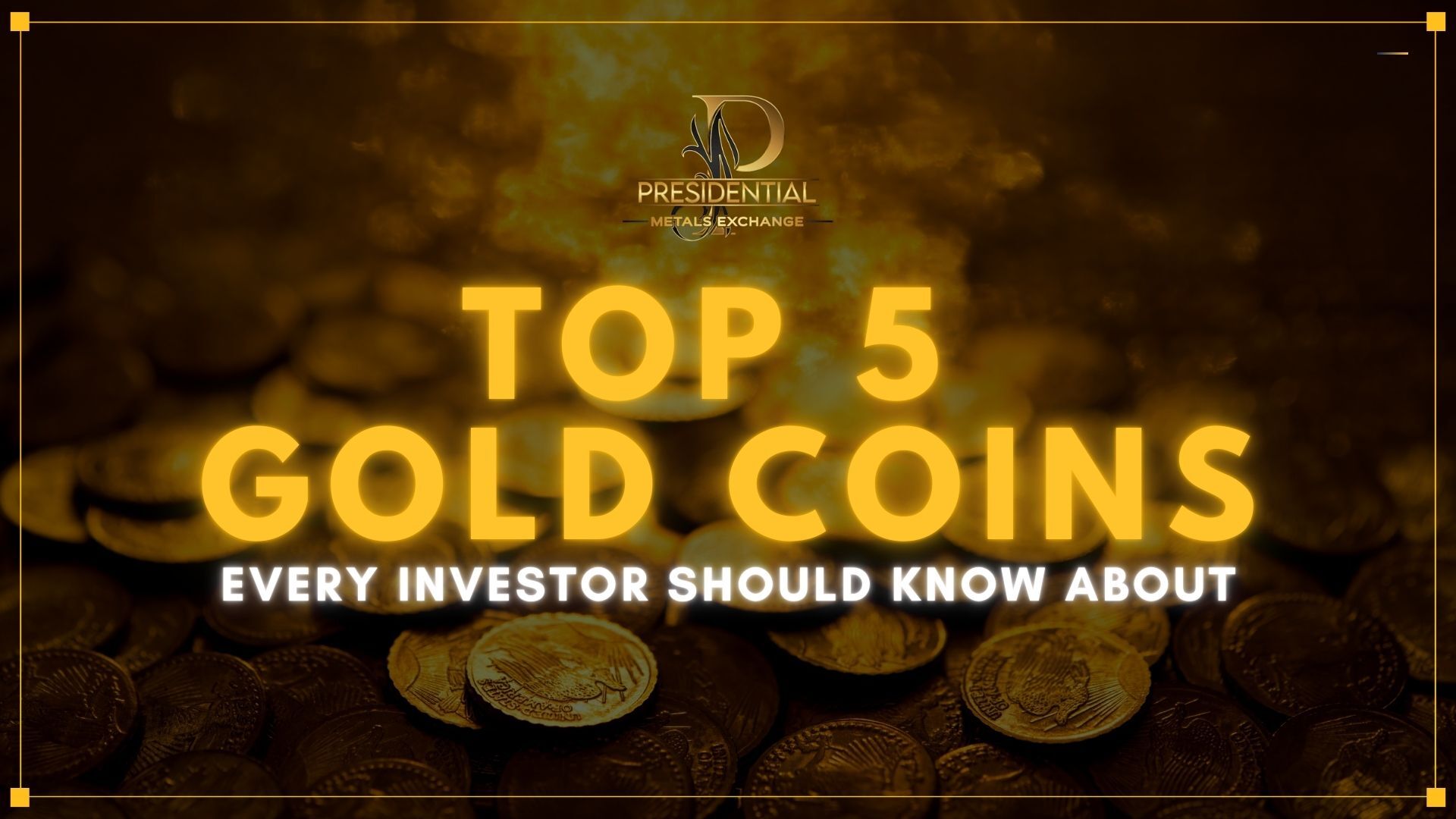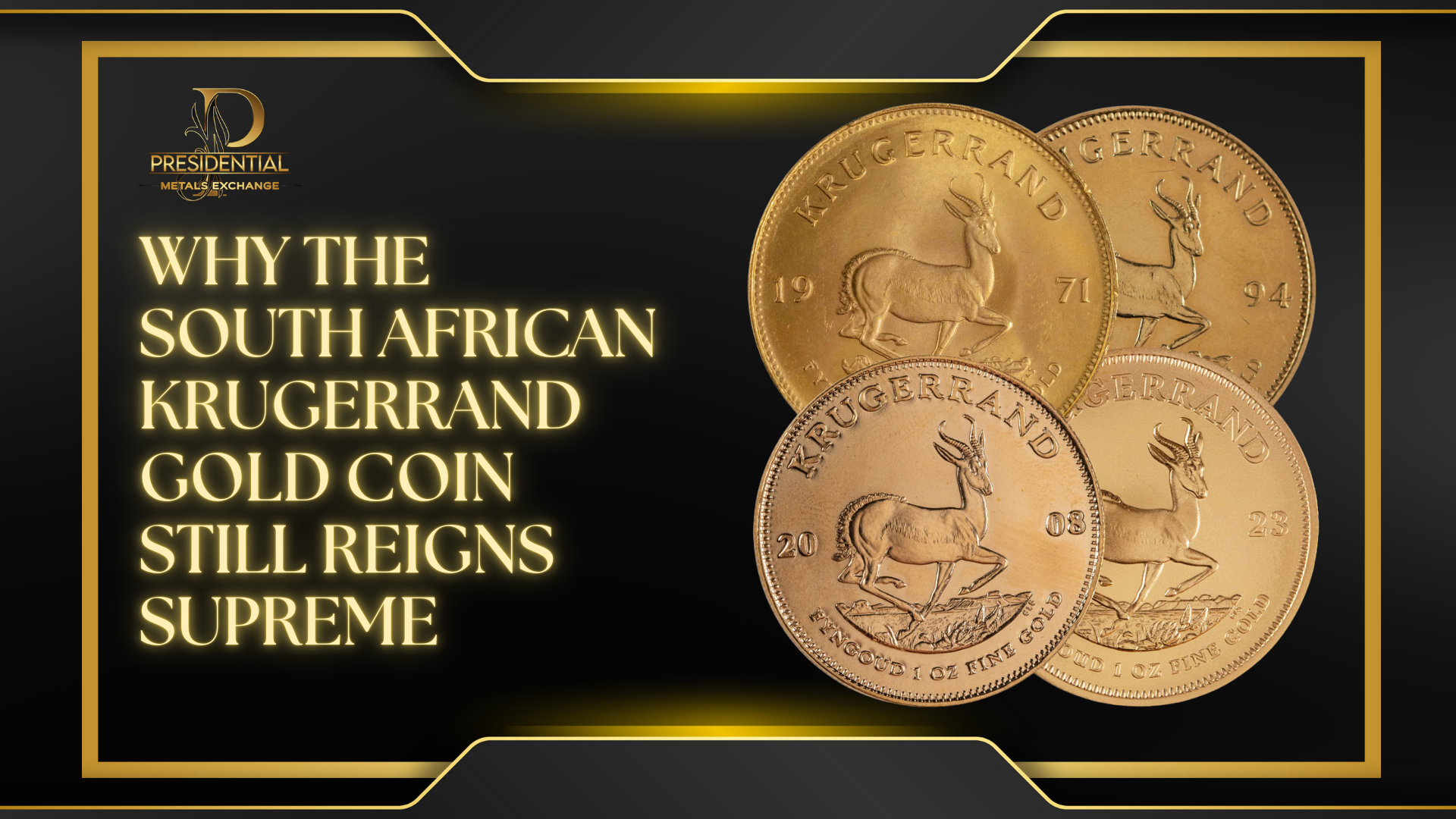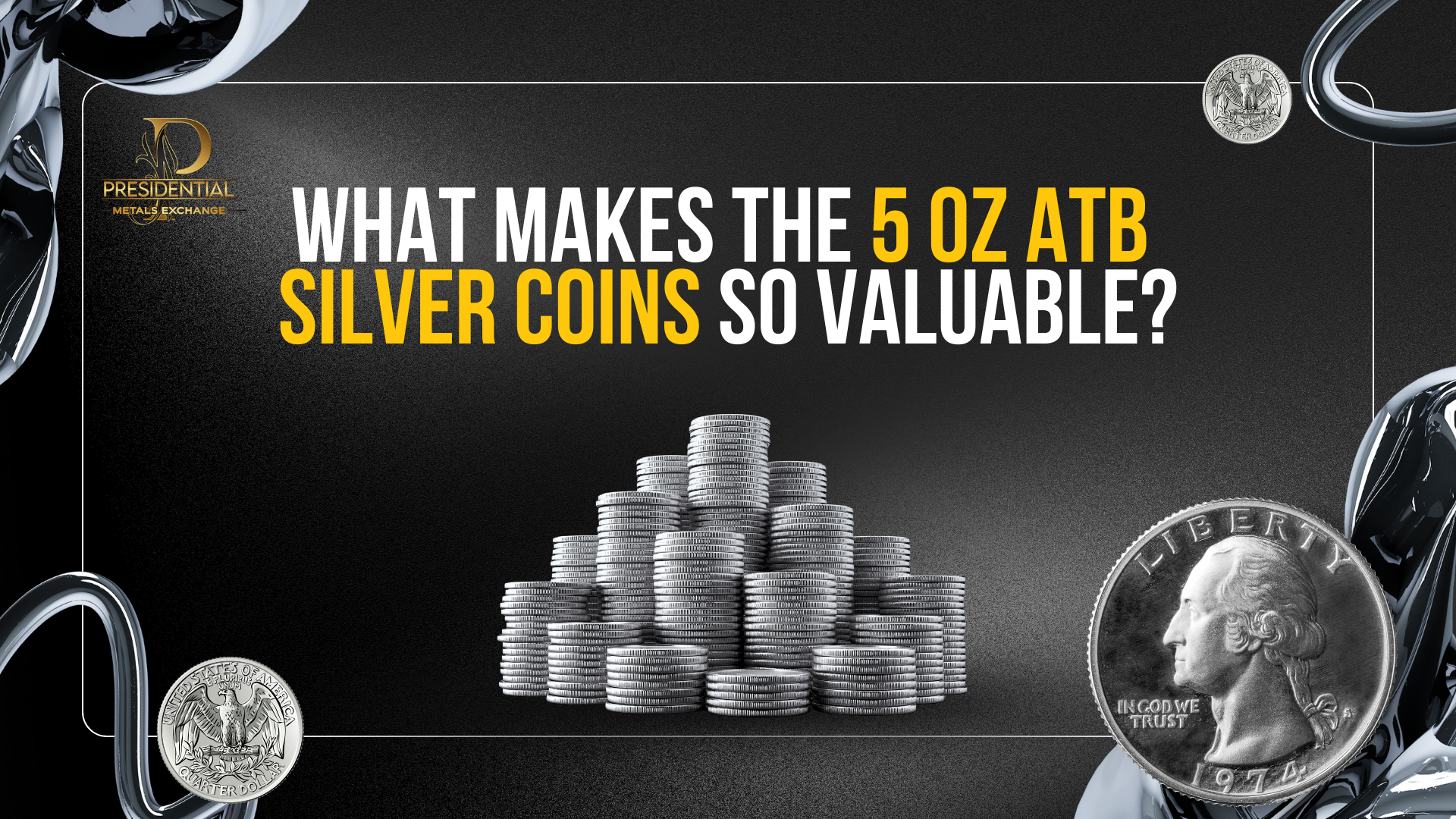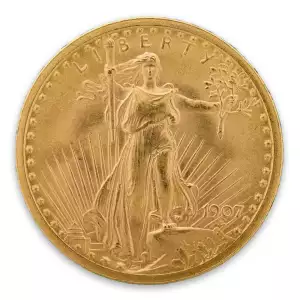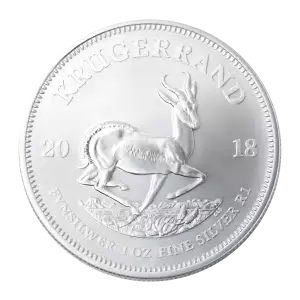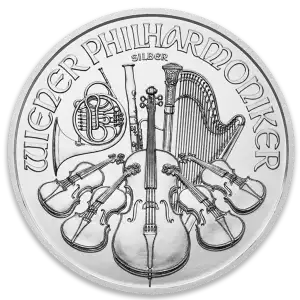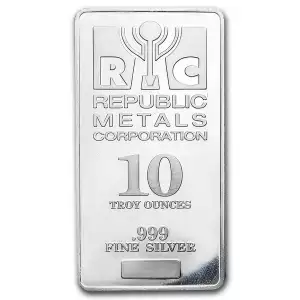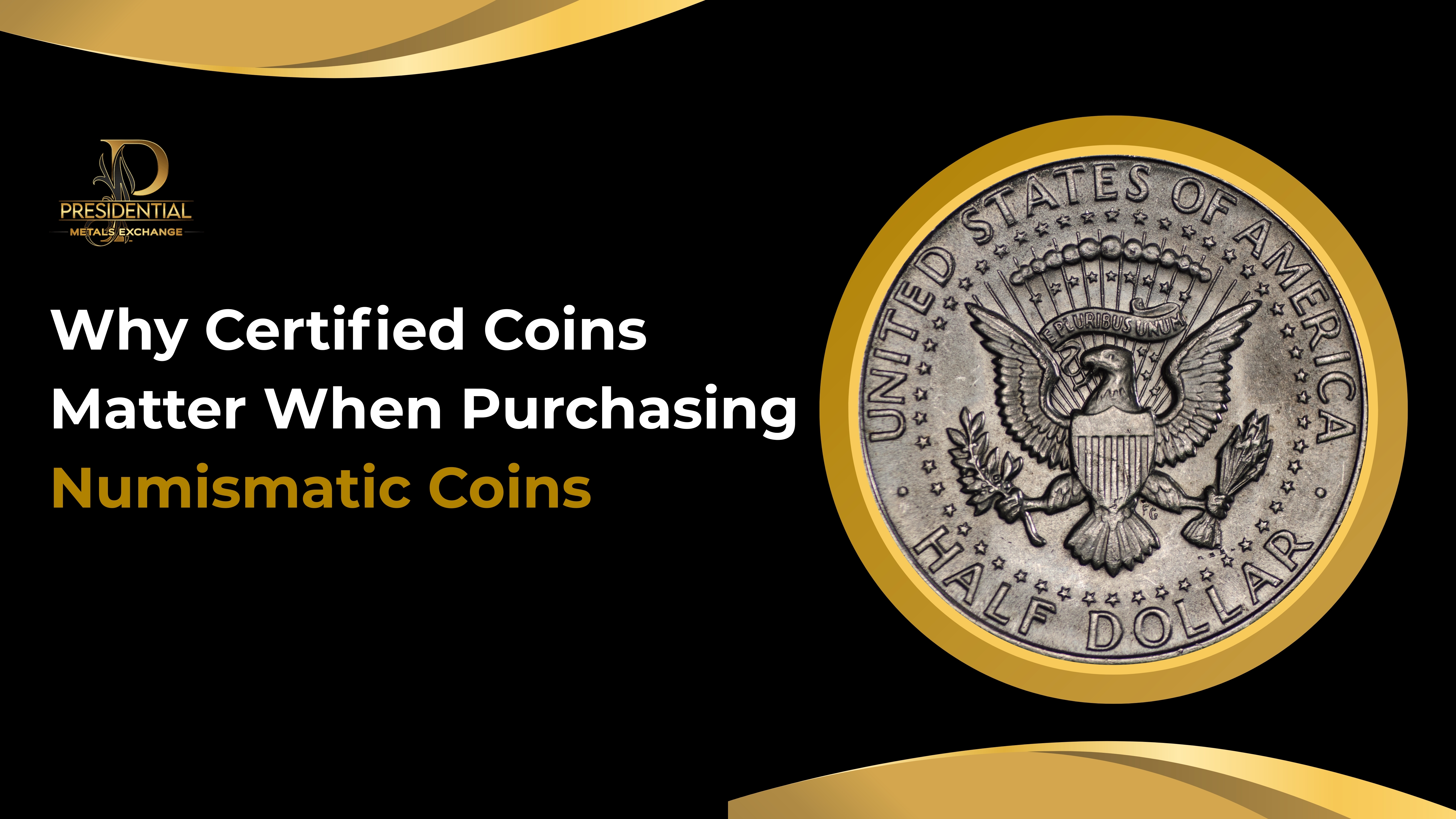
In numismatics, value is based on the rarity of the item, its age, and, most importantly, trust and authenticity. If someone invests a large amount, certified coins help ensure the investment is genuine and protect it.
Throughout this blog, we explore why having certified coins is crucial to a well-rounded coin portfolio and how it enhances the chances of long-term savings.
Understanding Coin Certification
Some numismatic coins have been checked and graded by a company such as the Professional Coin Grading Service (PCGS) or the Numismatic Guaranty Company (NGC). Coins are graded with strict guidelines and acknowledged everywhere by those who invest in coins.
Each certified coin is sealed in a tamper-proof holder (commonly called a "slab") and comes with an identifying label that includes details like:
- Grade
- Year and mintmark
- Series or type
- Certification number
- Signatures
The process guarantees that both buyer and seller can see exactly what is involved, without unwanted surprises.
Why Certification Matters to Investors
Certification adds trust, value, and security to coin investments. Let’s understand deeply why it matters to investors.
1. Guaranteed Authenticity
More and more, people are facing the problem of counterfeit coins in the numismatic market. Expert collectors sometimes fall for well-made counterfeits. You lower the risk when you buy certified coins. The coins are checked with advanced tools for authentication and verified by specialists.
For expensive coins like pre-1933 gold, silver dollars, or rare proof coins, identifying counterfeits is extremely important since many exist.
2. Objective Grading and Standardization
Coin grade strongly affects its value. The value between a Mint State 65 and a Mint State 67 is often thousands of dollars. Certification companies tend to judge grades by the Sheldon Scale (from 1 to 70) to maintain consistency and prevent bias.
As a result, this standardization gets rid of the possible errors and inconsistencies common in single raw coin sales. Comparing and valuing coins among dealers, auctions, and private sellers gives investors confidence.
3. Market Liquidity and Trust
Coins with certificates tend to be much easier to resell on the secondary market. Many investors, dealers, and auction houses trust certified coins more because of the added security. Certified coins are popular with buyers and tend to be worth more, no matter if you want to sell them or upgrade your collection.
In fact, some auction houses only accept certified coins for high-value listings due to their assured authenticity and grade.
4. Price Transparency and Valuation Accuracy
With certification, it becomes easier to track market values. Grading services maintain public databases and price guides based on real-world sales of certified coins. Investors can research:
- Historical trends
- Auction results
- Premiums over spot or face value
This level of transparency empowers investors to make informed buying or selling decisions and assess portfolio performance over time.
5. Protection and Preservation
Certified coins are encapsulated in sonically sealed holders, which provide superior protection from environmental damage, fingerprints, air, and moisture. This ensures the coin retains its grade and marketability over time.
For investors, this means peace of mind that their assets are both secure and stable, even during long-term storage.
Choosing the Right Certification Body
While several third-party grading services exist, the two most widely recognized are:
- PCGS (Professional Coin Grading Service)
Known for its strict grading standards and innovative anti-counterfeiting technologies. PCGS-graded coins often command a premium in the marketplace.
- NGC (Numismatic Guaranty Company)
Renowned for its consistency, transparency, and global recognition. NGC also offers certification services for world coins.
Both companies are backed by years of industry experience, making them the gold standard for investors who value precision and reputation.
Certified vs. Raw Coins: A Comparative Snapshot
Raw coins may look appealing, but certification brings undeniable advantages.
| Feature | Certified Coin | Raw Coin |
| Authenticity | Guaranteed by third party | Buyer assumes risk |
| Grading Accuracy | Objective, documented grade | Subjective, varies by seller |
| Market Demand | High | Lower resale appeal |
| Liquidity | Highly liquid | May take longer to sell |
| Risk of Damage | Protected in slab | Vulnerable to environmental factors |
| Investment Value | Higher, stable | Less predictable |
Certification as a Risk Management Strategy
For investors used to equities, bonds, or precious metals, risk management is paramount. Certified coins play a similar role to audited financial statements or insured assets—they reduce exposure to fraud, error, and market volatility.
By investing only in certified coins, you're ensuring that every dollar is allocated to a verified asset that may hold real, measurable value. This can be especially important in estate planning, inheritance, and legacy wealth strategies, where documentation and valuation matter significantly.
Watch Out for Overgrading and Misleading Claims
Not all "graded" coins come from reputable sources. Some companies offer self-graded or "in-house certified" coins that mimic the appearance of true certification. These should be avoided.
Always verify the certification through official PCGS or NGC lookup tools, using the unique serial number on the coin’s slab. This simple step protects you from inflated prices and misrepresented assets.
Conclusion
For investors, certified numismatic coins offer a foundation of trust, transparency, and long-term value. Whether you are diversifying your portfolio, seeking inflation-resistant assets, or building generational wealth, certified coins may provide a strategic edge.
Ready to build a portfolio of trusted, certified coins? Partner with Presidential Metals for expertly graded numismatics, competitive pricing, and investor-focused service. Explore our collection today and invest with confidence, clarity, and the assurance of quality you deserve.
Frequently Asked Questions
1. Why buy certified coins?
Certified coins can offer verified authenticity, accurate grading, and better market value, giving investors confidence and long-term security.
2. What is the difference between certified and uncertified coins?
Certified coins are professionally graded and sealed, while uncertified coins lack authentication, making them potentially riskier and harder to value.
3. Is it worth getting coins PCGS certified?
Typically yes, PCGS certifications are known to boost a coin’s credibility, resale value, and investor appeal—especially for rare or high-value pieces.
4. How can you tell a fake PCGS?
Use the serial number on the slab to verify authenticity on the official PCGS website or app; watch for tampered holders.
5. How much does it cost to certify coins?
Certification fees range from $20 to over $100 per coin, depending on the coin’s value, tier, and chosen service speed.
